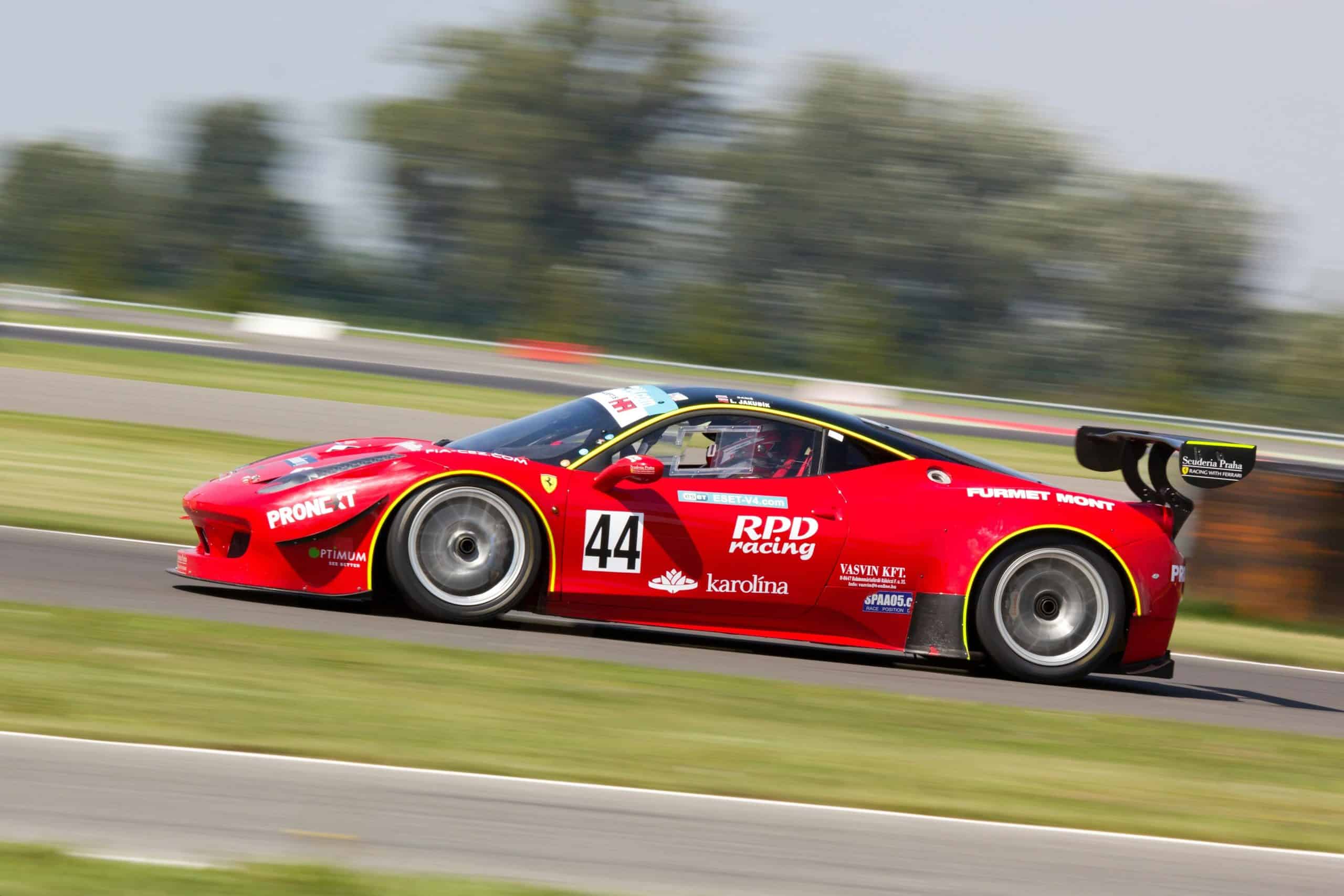Boxing is a high-impact sport where fighters are at risk of head injuries, including concussions. A concussion occurs when a blow to the head causes the brain to move rapidly within the skull, leading to temporary dysfunction. If not properly managed, repeated concussions can result in long-term neurological damage.
To reduce these risks, boxing medical assessments play a crucial role in identifying, preventing, and managing concussions. These medical checks help ensure fighters are physically fit to compete while protecting their long-term health.
1. Identifying Concussion Risks in Pre-Fight Medicals
Before a fight, boxers must undergo a pre-fight medical examination. This is designed to assess their overall health and identify any conditions that could increase the risk of injury. Key areas of focus include:
- Neurological function – Doctors test reflexes, coordination, and cognitive responses to ensure the nervous system is working properly.
- Previous head injuries – A history of concussions can make a fighter more vulnerable to future brain trauma.
- General fitness – Cardiovascular health, blood pressure, and vision are checked to confirm the boxer is in suitable physical condition to compete.
If a fighter has suffered multiple concussions in the past, they may be required to take extra precautions or, in some cases, be declared unfit to fight.
2. Detecting Concussions in Post-Fight Medicals
After a match, boxers undergo a post-fight medical assessment to check for injuries, including concussions. Since concussion symptoms do not always appear immediately, doctors look for early warning signs such as:
- Loss of consciousness – Even a brief knockout can indicate significant brain trauma.
- Memory problems or confusion – Difficulty recalling events or appearing disoriented may suggest cognitive impairment.
- Dizziness and balance issues – Struggling to stand or move normally can be a sign of neurological dysfunction.
- Headaches, nausea, or blurred vision – These symptoms often develop in the hours following a concussion.
If a fighter shows signs of a concussion, they may be advised to take a break from training and competition. In more severe cases, further medical tests, such as brain scans, may be necessary to assess the extent of the injury.
3. Long-Term Concussion Management in Boxing
Repeated concussions can lead to chronic traumatic encephalopathy (CTE), a degenerative brain condition linked to memory loss, depression, and impaired cognitive function. To reduce this risk, boxing medicals play an important role in long-term concussion management by:
- Enforcing medical suspensions – Fighters diagnosed with a concussion must take time off to recover before returning to training or competition.
- Conducting regular neurological assessments – Ongoing check-ups help identify early signs of brain injury.
- Educating fighters and coaches – Increasing awareness of concussion symptoms allows for quicker identification and treatment.
By following proper medical protocols, boxing medicals help protect fighters’ health and extend their careers in the sport.
Need a Boxing Medical?
At SimplyMedicals, we provide thorough boxing medical assessments to ensure fighters meet the necessary safety standards. Whether you need a pre-fight, post-fight, or annual medical check, our experienced doctors are here to help.
Book your boxing medical today and stay safe in the ring!
Ultimately, It all starts with your Boxing medical requirements.
Your feedback is most welcome!
Feel free to email us at hello@simplymedicals.co.uk so we can help you.
I hope you will enjoy our videos and articles.
Please like our facebook page and subscribe to our youtube channel. Therefore, If you need to book a Motorsport medical please click here.




